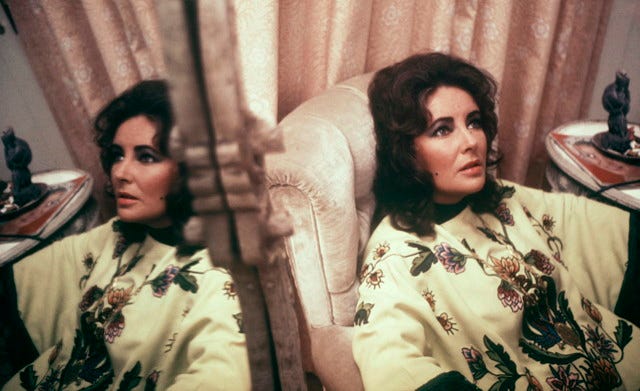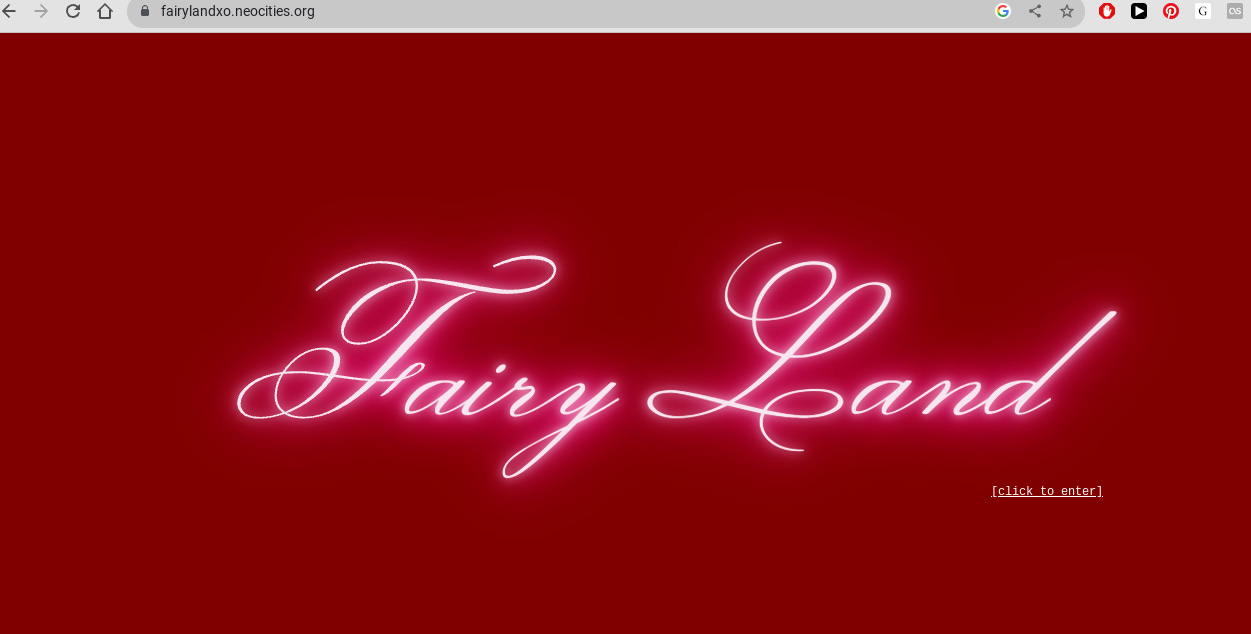You should quit Twitter, but not specifically because of Elon Musk
Let's stop working for social media and build something that works for us instead!

The online landscape is currently at a crossroads. I am witnessing the first major adjustment to web hegemony since I started using social media (Facebook) in late 2012. Twitter has been bought and is being reinvented in a very curious and unpredictable way. Facebook’s stock is tanking because of a sincere belief in a digital future nobody really wants; along with Instagram, it is also embracing a move towards absorbing, algorithmically-served content. The algorithms I speak of were pioneered by TikTok, whose rise over the past two years has been scary and surprising.
The Twitter stuff is the least dramatic and concerning right now, but it does appear to be sparking the biggest outcry among activists and writers on the Left. Having read pieces like this and this (feel sorry for the second and sort of incredibly weirded out by the first) it’s the ‘Left’ part I am most confused about. How were people duped into simultaneously criticising capitalism and becoming brand shills for one of the worst manifestations of the effect of capitalism on society and soul? Does it just not count because it’s online?
I would love to shake all the blue-tick journalists by the shoulders and shout that Musk is not (!) destroying some idealistic paradise of democracy and collaboration. Jack Dorsey’s Twitter was already evil, a place deliberately configured to make ‘users’ waste time in the pursuit of an empty, futile goal, engaging in an interaction style which will never really fulfil the social needs of a human being.
These platforms have never existed to serve their touted purpose (democratic broadcasting of opinion, community news, vague ‘connection’, audiences for legitimate artists and writers) - they exist solely to make money from you, the user. Instead of asking upfront for flat rates to fuel their servers, they choose to profit from selling advertising space, meaning every design decision is taken to make you spend as long as possible online and look at more ads. The algorithms and approval mechanisms we take for granted have sinister goals (maximising consumer screen time at all costs) and even-more-sinister consequences (declining public mental health, simplification of politics and culture).
The woman in my linked article is sad because the death of Twitter might deprive her of a network for friendship and disability activism. Obviously I feel for her. But why do we continue to expect sustained personal benefit from websites which are and always will be owned by millionaire strangers, especially if these strangers see us only as an ad audience? What if this disability community wasn’t ‘kept alive’ only on Twitter, a huge privately-owned company, and what if it didn’t have to move to ‘the next’ privately-owned company - what if it could rotate around a forum owned and operated by other disabled people who knew and cared for each other, could set its own standards for accessible design and safe moderation, could choose its own funding methods - and, if ad-funded, pick and choose only ethical advertisers? What if we were free to imagine an internet that legitimately met our needs, instead of creating them and using them as bait?
We should be able to conceive of a web that harnesses powers of connection and information, but without corporate social media and its detrimental inventions - the infinite scroll, the ‘like’ button, the nonstop and uneven algorithm. I have been free of my previous social media for over a hundred days now, and this has taught me a lot about the small-but-promising power we hold as internet users. I am voting with my mouse/putting my money where my mouse is. In my spare time, I can choose to only visit websites that don’t use attention-seeking tactics or invasive algorithms, and get my news from independent sources, and email people instead of sliding into DMs, and socialise only on forums owned by ordinary people. I think of this as a sort of techno-equivalent to veganism - adjusting my consumption for what I think is the smaller and greater good - and hope others will join me to the point where a large-scale effect is noticeable (can attest the small-scale effect is very good for me).
‘Learn to code’ is a leftist meme now, but I don’t say ‘learn to code’ in a neoliberal ‘you too can become a tech giant or work for one!’ way. Every internet user should learn to write HTML/CSS, because if you can do this then you can take back a small part of the internet - cut out the middleman, dodge the billionaire who wants to feed you ads, decide exactly how something looks and acts all on your own, write about absolutely anything you consider yourself an expert in with no system to hide it. In an online world, this is absolute freedom. And this rhetoric shouldn’t be restricted to the right-wingers banned from Twitter - it flows even better with a fairly-applied leftist ideology. Take back the means of production!
I think the Internet should be built on:
Respect - respect for each other’s time, intelligence, personhood, with no attempt made to trick anyone into looking at anything. This would go for both content hosts and influencers. We should start taking influencers to account for false advertising and for making fools of consumers. The phrase ‘selling out’ should re-enter our vocabularies.
Small-scale ownership - you have complete control over some small slice of the Web, and by complete I mean complete - the power to decide how it looks and what’s on it and how it is displayed, without being constrained by a contrived format or even a website-builder. If you don’t have your own website then your friend does, and you’ve signed the guestbook. Or a friend-of-a-friend owns a forum and you’ve posted on that. Etc..
Person-to-person recommendation - when you experience something new online, it’s not because a site owner has played the SEO game particularly well, or because it was served to you by algorithm. A rich blog-and-forum ecosystem would mean that things are linked by real people who have real things to say, humanising the entire experience. You might like someone’s piece of writing, so you’d link it yourself - but this process would be slightly more complex than just retweeting or clicking ‘share’, and would necessitate a more complex process of reading/evaluation - automatic quality control.
If you are similarly invested in this vision and are looking for a way to make it work (I was looking for a way for ages!) a good place to start may be Neocities, where all the ‘indie web’ people are hanging out - it lets you create a website to use as a ‘landing page’ online, perhaps as a social media substitute, and gives you total control over all the code. My site is here but I haven’t yet optimised it for mobile or added much actual text. The Yesterweb site is a good resource and links to several pro-old-web manifestos from other writers, as well as its own forum. Marginalia is a small search engine that prioritises old-web-style, information-rich websites. I recommend fully utilising your bookmarks bar - or better yet, publishing your own list of useful links on your own domain.
RE. actually learning to code, I used Codecademy/Codepen to learn HTML/CSS and a tiny bit of Javascript in 2020 because I was panicking about my CV. I was amazed at how quickly it came back to me when I was making the Neocities site - it really is fundamentally simple. If you like things to be structured then by all means do an actual course, but you can also just go through the tutorials on w3schools and search online if you have a specific problem - this is what actual developers do all the time. Basically HTML is what makes things exist on a webpage and CSS is what makes existing things look a certain way. You can add and link CSS code using a few different methods. I like it because it is like an extremely powerful image editor but somehow web-compatible and operable just through text. My glowy Edwardian script is pure CSS. Javascript is usually necessary to make things that are interactive, and there isn’t any of it on my own site right now. If you used to tweak the code on your Tumblr blog then you’ll be fine. Vive la new web!




!!! 🎀💝 i can’t believe the timing of this post….. at literal MIDNIGHT i was reflecting on whether it rly is ethical to still actively use instagram when the creepy tiktok-esque evolution of it is poison to the brain & it’s disgustingly filled w/ ads & people don’t even care to engage as much so like….. i loved reading this!!! and also luv it that you addressed the fact that indeed there r some benefits to social media (in my case it’s meeting fascinating people w very similar interests / ways of seeing ART or LIFE that i could otherwise have no way of befriending) but yea i mean, i can’t solely depend on millionaire-owned platforms for that task and also i can’t help but feel like there is no authentically RADICAL or healthy way of posting to those platforms anymore….